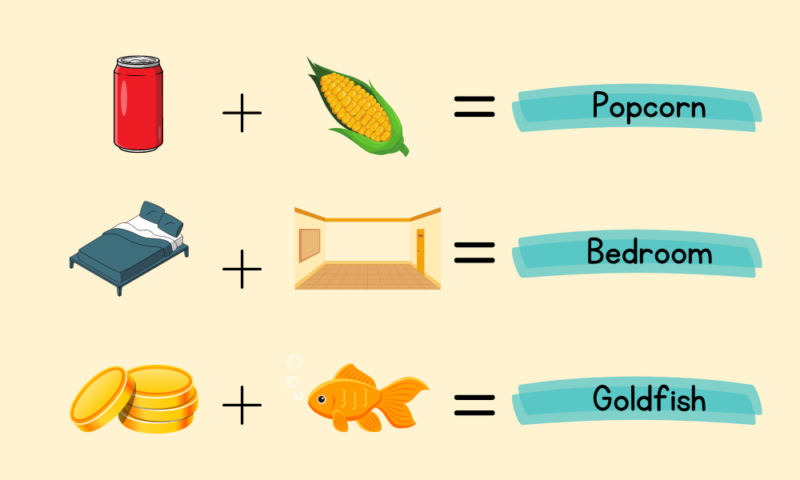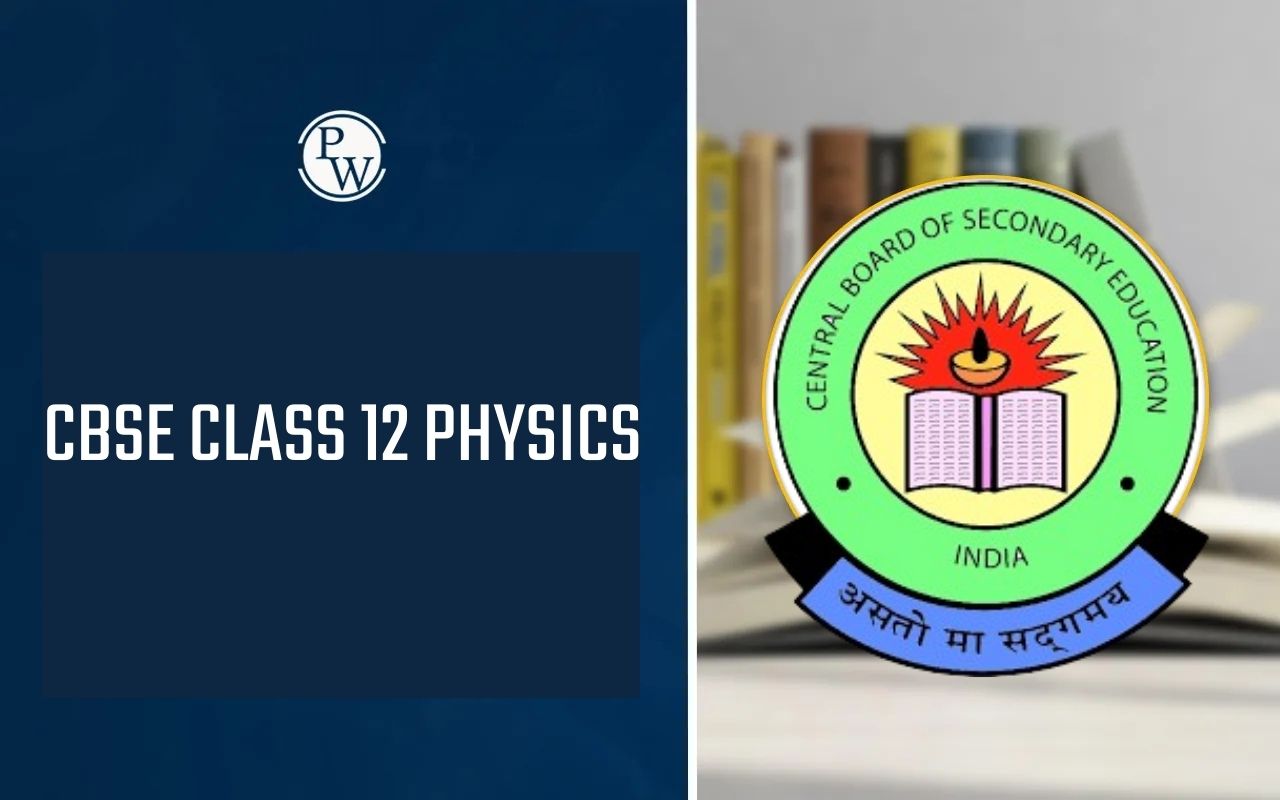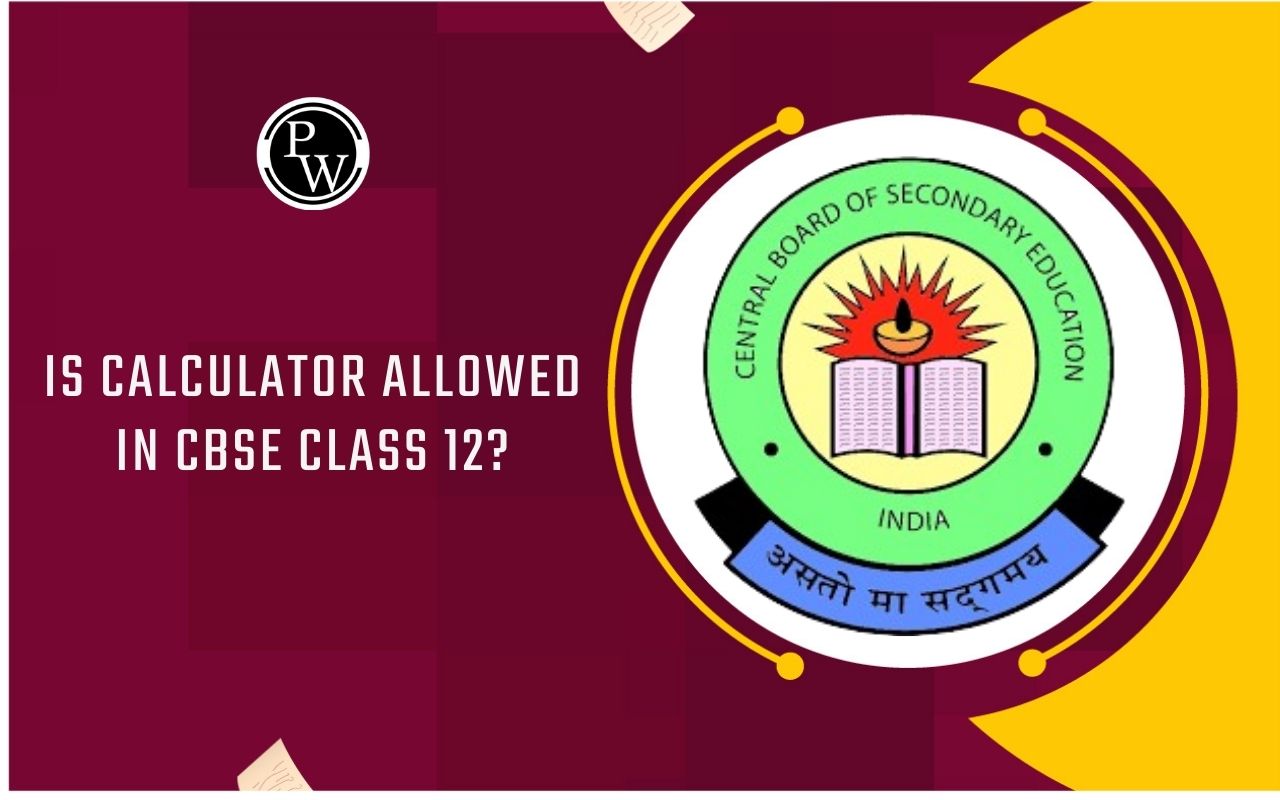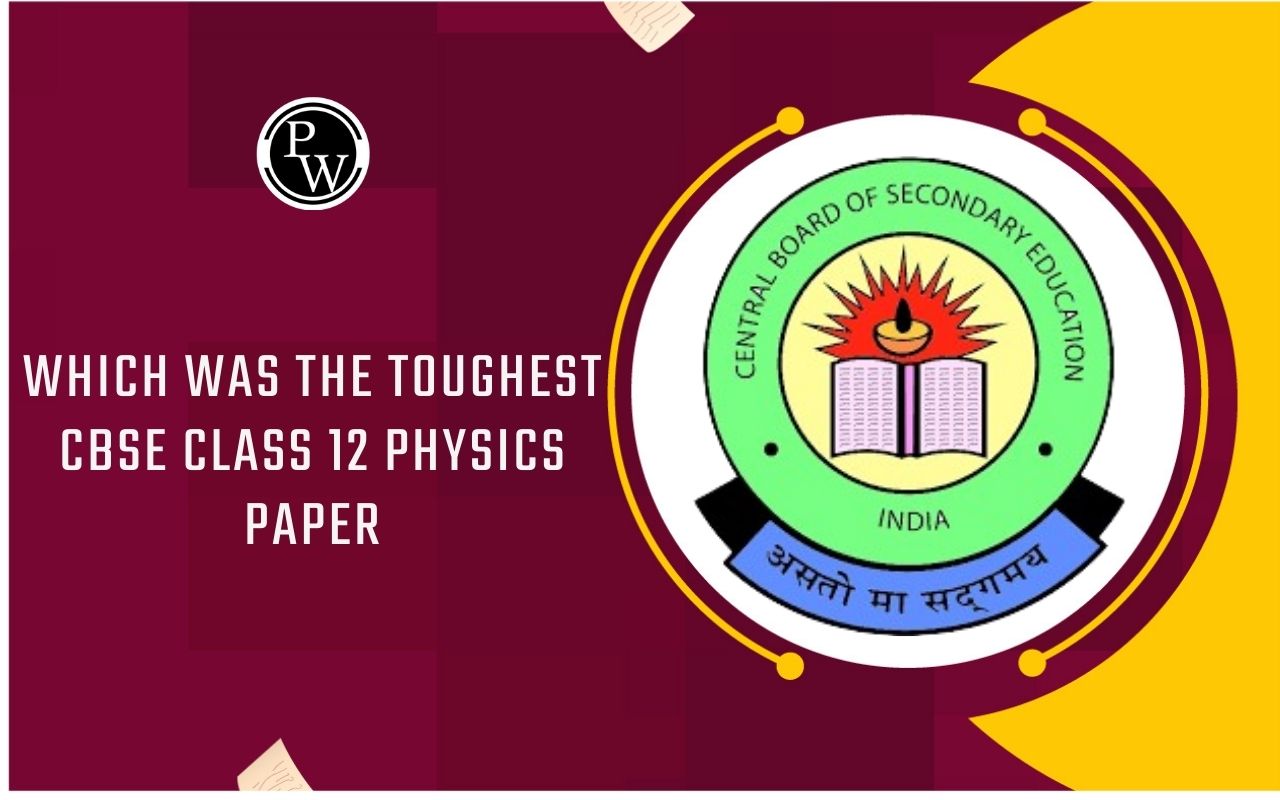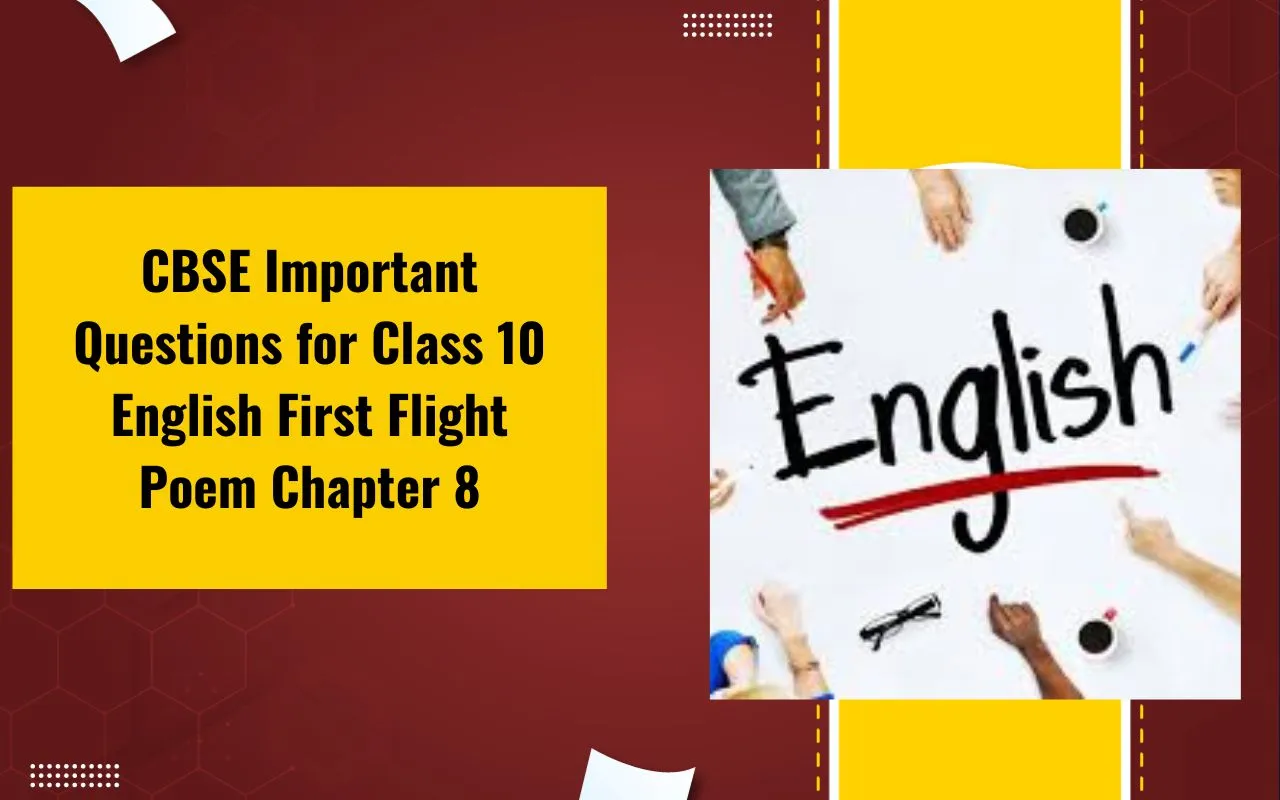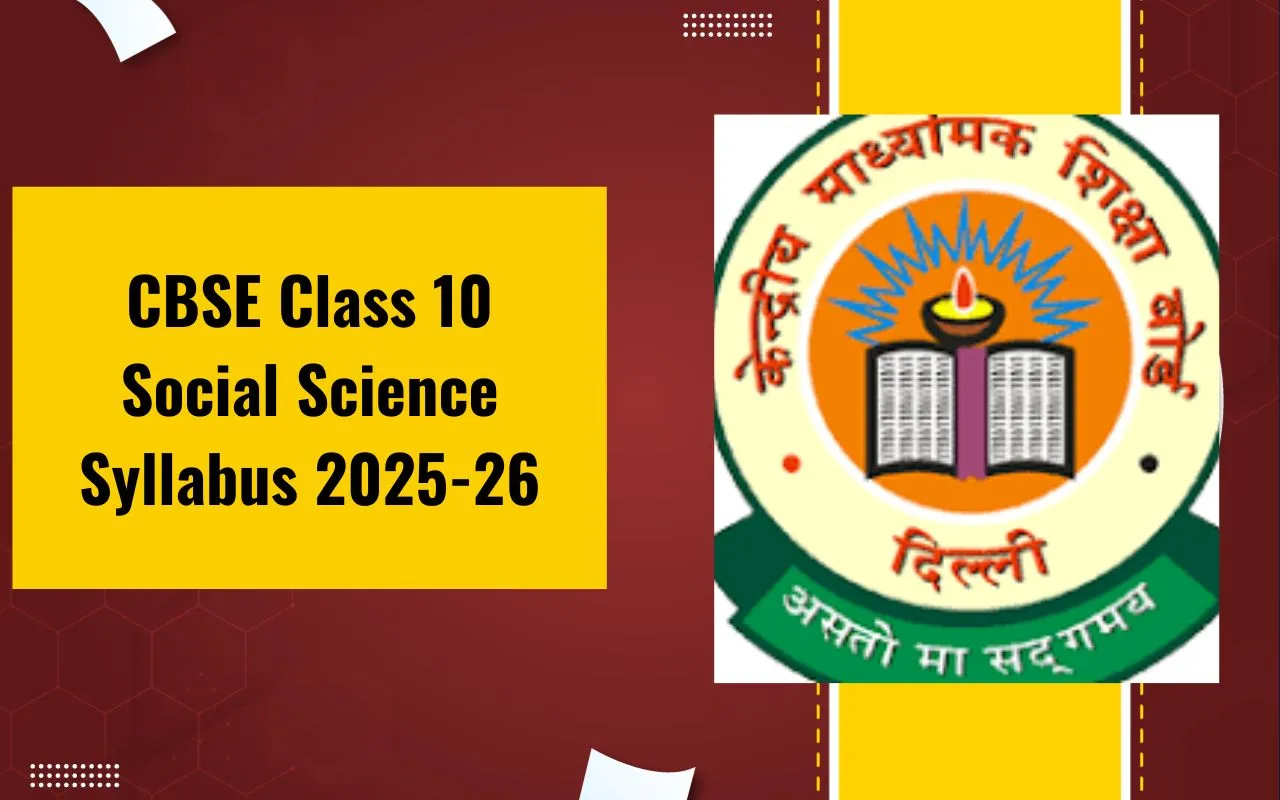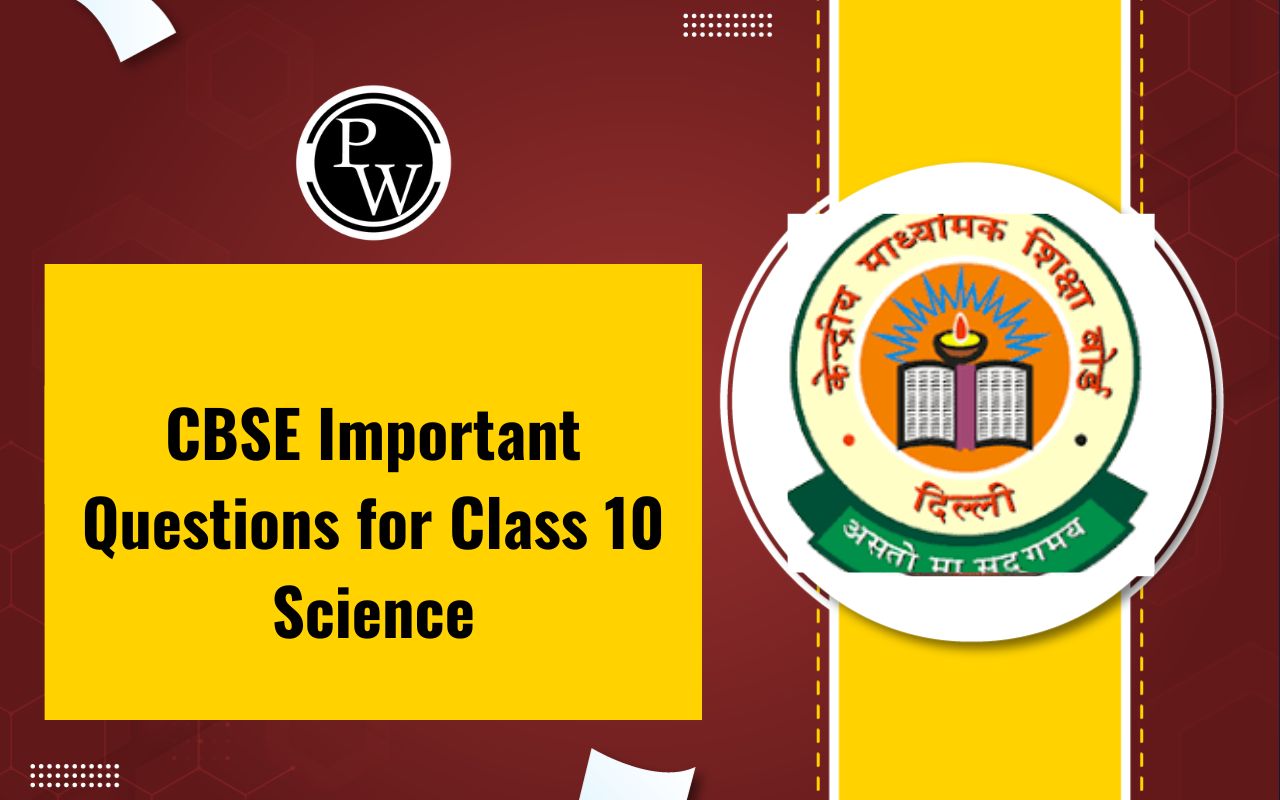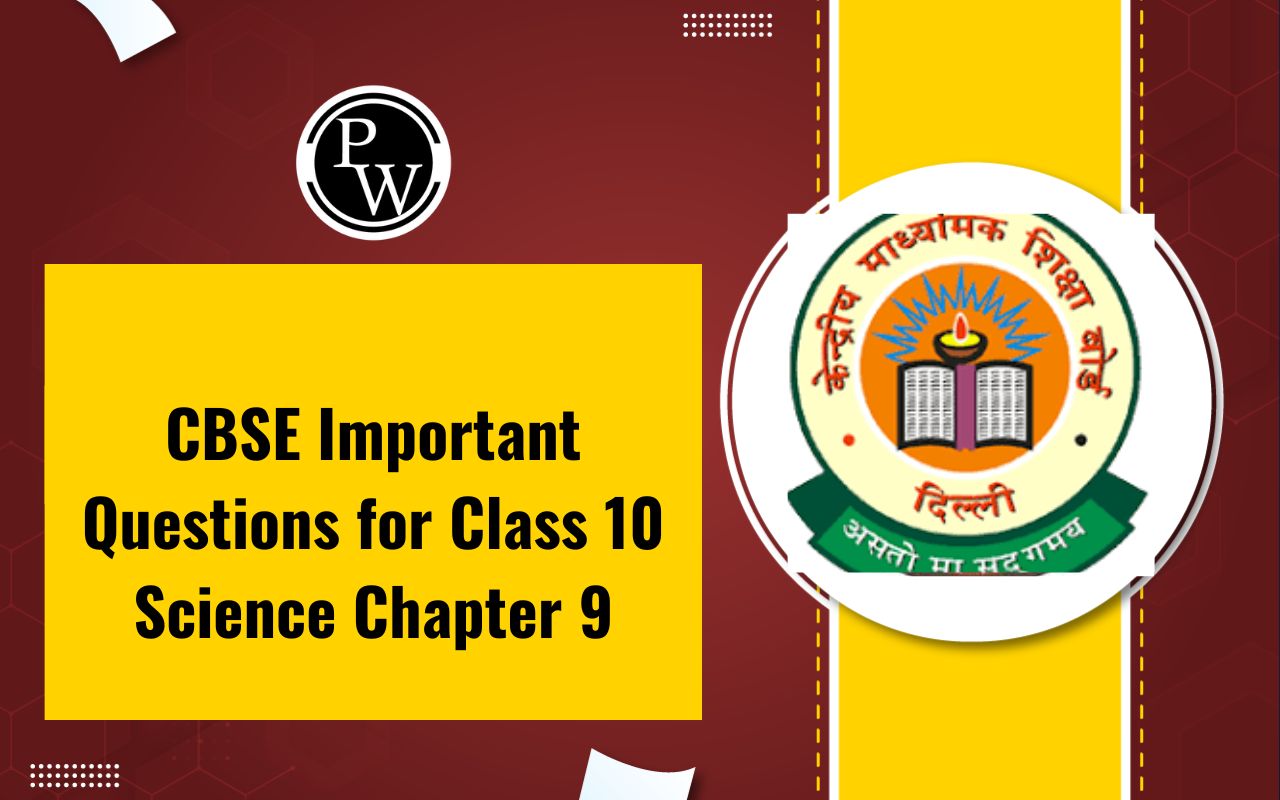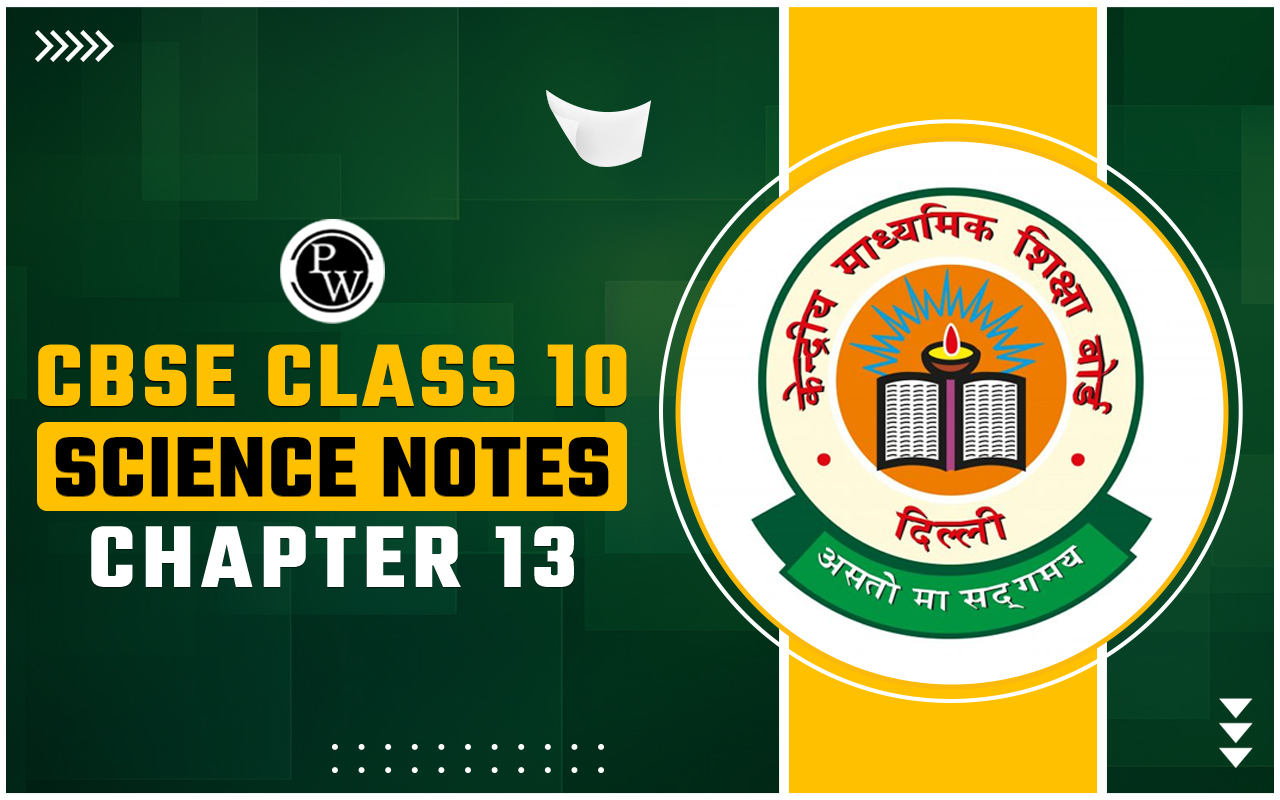Compound words, as previously explained, are the result of merging two words, often from different parts of speech. Here's a breakdown of compound words formed by combining various parts of speech:
Noun + Noun
This type combines two nouns to create a new noun. For instance, "sunflower," where "sun" and "flower" merge to represent a particular type of flower.
-
Bedroom
-
Music band
-
Water tank
-
Starfish
-
Sunflower
-
Girlfriend
-
Police woman
-
Football
Noun + Verb
Combining a noun and a verb produces compound words like "firefly" or "rainfall." These words denote unique concepts, such as an insect that emits light or precipitation.
-
Firefly
-
Rainfall
-
Sunset
-
Photoshoot
-
Sunrise
-
Raindrop
-
Haircut
-
Snowfall
Verb + Noun
This combination results in words like "swimsuit" or "proofread." Here, the action (verb) is linked to a noun, creating words related to clothing or editing tasks.
-
Swim suit
-
Typewriter
-
Postman
-
Post office
-
Notebook
-
Breakfast
-
Proofread
-
Babysit
Verb + Preposition
Words like "takeaway" or "check-in" merge verbs with prepositions or adverbs to form terms related to actions or processes.
-
Takeaway
-
Shutdown
-
Drawback
-
Check-in
-
Check-out
-
Lookout
-
Takedown
-
Breakup
Preposition + Verb
Examples include "input" or "understand". Here, prepositions or adverbs combine with verbs to express actions or states.
-
Intake
-
Outdo
-
Input
-
Output
-
Overthrow
-
Understand
-
Underestimate
-
Overlay
Noun + Adjective
Compound words like "blackboard" or "houseful" merge nouns with adjectives, often forming terms related to size, color, or quantity.
-
Houseful
-
Heartbroken
-
Spoonful
-
Wireless
-
Lifelong
-
Snow-white
-
Sky-blue
-
Worldwide
Adjective + Noun
Words like "full-time" or "greenhouse" join adjectives with nouns to describe timeframes or specific structures.
-
Greenhouse
-
Blackboard
-
Full-time
-
Superhero
-
Hotdog
-
Blacksmith
-
Long-term
-
Last-minute
Gerund + Noun
These compounds, such as "washing machine" or "sightseeing," combine gerunds (verbs ending in "-ing") with nouns, expressing activities or objects related to those actions.
-
Washing machine
-
Dining room
-
Swimming pool
-
Driving license
-
Breaking point
-
Melting point
-
Living room
-
Working day
Noun + Gerund
This combination reverses the order, placing a noun before a gerund, leading to words like "sightseeing" or "air conditioning". "Sightseeing" involves visiting places of interest.
-
Sightseeing
-
Mind-blowing
-
Nerve-wracking
-
Nail-biting
-
Brainstorming
-
Mind-mapping
-
Air conditioning
-
Time-consuming
Preposition + Noun
Combining prepositions with nouns creates terms like "overview" or "upstairs", often referring to locations or perspectives.
-
Underworld
-
Overview
-
Undergraduate
-
Oversight
-
Bystander
-
Afterlife
-
Background
-
Forehead
-
Upstairs
Compound words can enrich language by succinctly encapsulating complex ideas or entities. Understanding the formation and usage of compound words allows for effective communication and creativity within a language. They are integral to linguistic diversity, allowing for the evolution and expansion of vocabulary.
Examples of Compound Words
Here's an extensive list of commonly used compound words in English, showcasing a diverse range of concepts and objects:
List of Commonly-Used Compound Words in English
Here is the list of commonly used compound words in table form:
|
Compound Words
|
|
Blackboard
|
South-west
|
North-east
|
Indo-European
|
Afro-American
|
|
First aid
|
Bedroom
|
Bathroom
|
Washing machine
|
Vending machine
|
|
Living room
|
Swimming pool
|
Drawing room
|
Copyright
|
Typewriter
|
|
Managing director
|
Day-to-day
|
Blood pressure
|
Cold-blooded
|
Eye opener
|
|
Microorganism
|
Cupboard
|
Footnote
|
Locksmith
|
Blacksmith
|
|
Goldsmith
|
Giveaway
|
In-depth
|
Breakup
|
Breakdown
|
|
Blowout
|
Housefull
|
Showdown
|
Long term
|
Sunflower
|
|
Dilly dally
|
Postman
|
Post office
|
Breakfast
|
Notebook
|
|
Superhero
|
Hot dog
|
Full moon
|
Merry-go-round
|
Grandfather
|
|
Mother-in-law
|
Father-in-law
|
Sister-in-law
|
Brother-in-law
|
Granddaughter
|
|
Grandson
|
Grandchild
|
Good-hearted
|
Last minute
|
Real estate
|
|
Mind-blowing
|
Far-fetched
|
Warmup
|
Firefly
|
Butterfly
|
|
Grasshopper
|
Blueberry
|
Strawberry
|
Half-baked
|
Raincoat
|
|
All-nighter
|
Know-it-all
|
Smartphone
|
Starfish
|
Runway
|
|
Toothbrush
|
Time table
|
Hopscotch
|
Uptown
|
Eyeball
|
|
Keyboard
|
Cupcake
|
Homework
|
Underground
|
Popcorn
|
|
Daydream
|
Nightmare
|
Midnight
|
Downstairs
|
Upstairs
|
|
Parking lot
|
Worksheet
|
Snow white
|
Keypoint
|
Handout
|
|
Raindrop
|
Hometown
|
Extracurricular
|
Network
|
French fries
|
|
Brainstorm
|
Teaspoon
|
Tablespoon
|
Handbag
|
Earthworm
|
|
Greenhouse
|
Milkshake
|
Farewell
|
Showoff
|
Newsletter
|
|
Subway
|
Pathway
|
Dead-end
|
Homemade
|
Handmade
|
|
Peanut
|
Jellybean
|
Afternoon
|
Namesake
|
Foolproof
|
|
Waterproof
|
Soundproof
|
Policeman
|
Scarecrow
|
Passport
|
|
Forearm
|
Eyebrow
|
Nose ring
|
Earring
|
Staircase
|
Compound words vs. other types of words
Here's a breakdown of how compound words differ from portmanteaus, contractions, acronyms, simple words, and complex words:
Portmanteaus
Portmanteaus, also known as blends, result from combining two words where at least one undergoes a modification, such as omitting letters or rearranging them. Unlike compound words, portmanteaus don't include complete words but combine partial elements to form a new word.
Examples: Portmanteaus
-
Smog [smoke + fog]:
Common in industrial areas, a mixture of smoke and fog poses a threat.
-
Multiverse [multiple + universe]:
It denotes the collection of all possible universes.
Contractions
Contractions involve shortening words by omitting some letters, often marked by an apostrophe. While some contractions form single words with omitted letters, most combine two or more words. Contractions differ from compound words because they don't retain the full words they are formed from, replacing letters with apostrophes.
Examples: Contractions
-
C’mon, let’s go! [let us]:
An informal contraction urging someone to hurry.
-
It’s hard for me [it is]:
An example of the contraction "it's" for "it is".
Acronyms
Acronyms abbreviate phrases by using initial letters or syllables from each word. They can be pronounced as individual letters or as complete words. Unlike compound words, acronyms do not incorporate the complete words they represent but condense phrases into single units.
Examples: Acronyms
-
WHO [World Health Organization]:
The organization named the disease "COVID-19".
-
BBC [British Broadcasting Corporation]:
A widely known initialism.
Simple and Complex Words
Simple words cannot be further divided into meaningful units, whereas complex words consist of multiple components, each contributing to the word's meaning. Compound words differ from complex words as they are formed by joining complete words that can exist independently.
Examples: Simple and Complex Words
-
Run:
A simple word without further divisible meaning.
-
Runner:
A complex word with "run" (the verb) and "-er" (a suffix denoting a person performing the action).
Note:
Even words with hyphenated prefixes ("pre-approve," "anti-glare") are usually considered complex words as their prefixes cannot stand alone as independent words.
Test Your Understanding of Compound Words
Here's a list of compound words formed by combining the given words in various forms:
|
Sick
|
White
|
|
Written
|
Minded
|
|
Washed
|
Home
|
|
Hand
|
Well
|
|
Known
|
Broad
|
|
Hair
|
Lap
|
|
Half
|
Right
|
|
Card
|
Top
|
|
Handed
|
Cut
|
|
Flash
|
Sister
|
-
Home + Sick → Homesick
-
Hand + Written → Handwritten
-
White + Washed → White-washed
-
Well + Known → Well-known
-
Hair + Cut → Haircut
-
Half + Sister → Half-sister
-
Flash + Card → Flashcard
-
Right + Handed → Right-handed
-
Lap + Top → Laptop
-
Broad + Minded → Broad-minded
These words represent a mix of open, closed, and hyphenated compound words formed by combining the given individual words.

